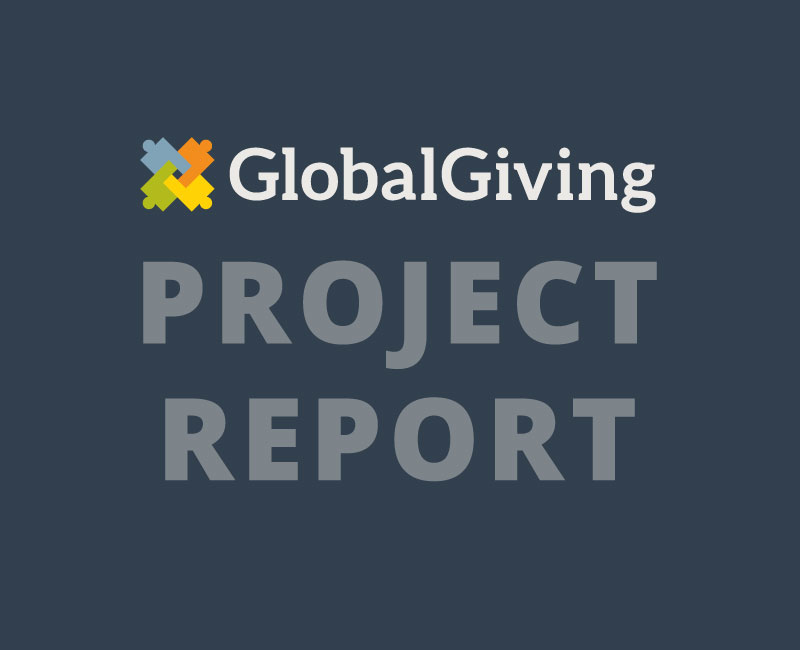By CARE's Writing Team | CARE
One year later, the land and people of Ukraine bear scars from the conflict
Introduction
February 24, 2023, marked one year since the start of the conflict in Ukraine. The fighting has had severe consequences in Ukraine and around the world. In one year, more than 8,000 civilians in Ukraine have died and nearly 13,300 civilians have been injured. Persistent gunfire and explosions have forced 8 million people to seek refuge in neighboring countries, including Poland, Romania and Slovakia. In addition, an estimated 5.4 million people have been internally displaced, of whom 58% have been displaced for six months or more. Fighting has wreaked havoc on Ukraine’s infrastructure, including its energy grid and critical health facilities. Targeted missile and drone attacks in October and November 2022 left millions of Ukrainians without heat, electricity or running water – just as winter was approaching. On average, two health centers have been damaged or destroyed every day since the conflict began – with nearly 220 hospitals destroyed in the past year. In Mariupol alone, eight out of 10 health centers are now damaged or destroyed.
This trauma has had a devastating impact on the children of Ukraine. An estimated five million children have been displaced within and outside Ukraine in this past year, and nearly 500 children have been killed and 1,000 injured. Many children have been separated from one or both parents, and most children are now a year behind in school, as 2,528 schools have been damaged or destroyed. This past year will leave a long, dark shadow for the children of Ukraine, who have become accustomed to the sound of gunfire and bombs.
The Ukraine conflict also has caused ripple effects well beyond Europe, tipping an already fragile world into a widespread hunger crisis. Before the conflict, Ukraine and Russia were the breadbasket of the world, accounting for a significant portion of grain supplies to sub-Saharan Africa, Asia and elsewhere. The conflict also has disrupted the supply of fertilizer and fuel that farmers around the world need to grow their crops. Hunger was a crisis for millions of people even before the onset of the conflict in Ukraine. Today a record 345 million people face food insecurity – an increase of 46 million since 2020.
In response to this tragedy, CARE launched a comprehensive response in Ukraine and neighboring countries. Over the past year, we have built a robust network of partners throughout the region to provide lifesaving assistance to conflict-affected families and to help them meet their most urgent needs, while also ensuring that they can continue to live with dignity and hope as they begin rebuilding their lives. The following report provides a summary of the ways CARE and our partners have assisted affected communities over the past year.
Humanitarian Response
In Ukraine, CARE's response is guided by two of our foundational commitments – to support local solutions and to place women and girls at the center of our emergency response. So far, 77% of CARE’s funding for Ukraine has been channeled through our local partners, with CARE providing critical technical, administrative and programmatic support to organizations already on the ground to ensure that we reach the greatest number of people efficiently and effectively. Together, we have reached nearly 990,000 people in Ukraine and neighboring countries through cash assistance; food; health services; support for accommodation; protection of women and girls; education; psychosocial support; and water, sanitation and hygiene (WASH) goods and services.
Read the attached report to learn more about CARE's humanitarian response and the work we're doing in Poland, Slovakia, Romania, Moldova, and Germany.
Links:


By CARE's Emergency Response Team | CARE's Writing Team
Project reports on GlobalGiving are posted directly to globalgiving.org by Project Leaders as they are completed, generally every 3-4 months. To protect the integrity of these documents, GlobalGiving does not alter them; therefore you may find some language or formatting issues.
If you donate to this project or have donated to this project, you can receive an email when this project posts a report. You can also subscribe for reports without donating.